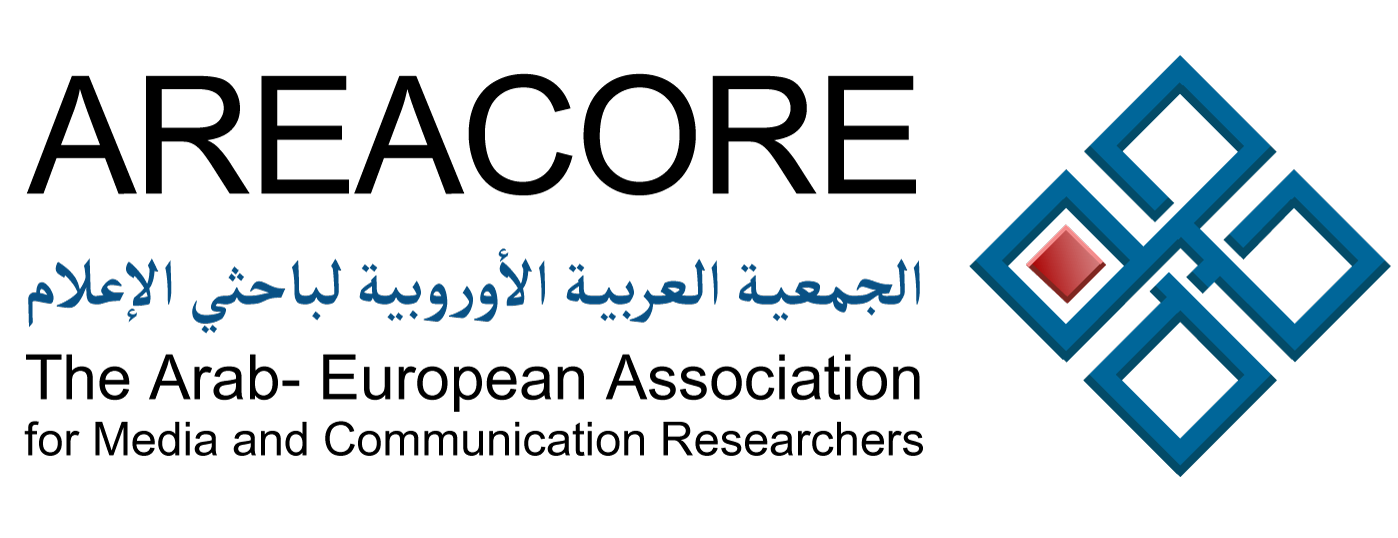Film script – Syrian journalism in exile: A new experience and new challenges – By Ali
Al-Haj Ibrahim – Film length: 07.16.
Ali Al-Haj Ibrahim: The Syrian war is the worst man-made disaster the world has
seen since the world war II, the UN Human Rights chief said in 2017. And since 2011 over 12
million Syrians have been displaced with a death toll surpassing 306 thousand and the number
of detainees exceeding 149 thousand. The casualties among journalists were also very high,
which turned Syria into one of the most dangerous places in the world for journalists. The
Syrian regime had the largest share of targeting journalists according to the report published
by the Syrian Network for Human Rights in May 2023. The report documented the killing of
715 since 2011at the hands of Syrian regime and other armed parties, which led to the migration
of a large number of Syrian journalists to new countries.
Oras: For journalist in exile, like myself, I came from a country
that used to be ranked as 175 from 179 countries in world press freedom index, so I would say,
there never been free journalism on the ground.
Maya (Translated from Arabic): And I like to focus on this point.
There is media that emerged after the revolution, whether inside Syria or in exile. This media
gave us the opportunity to express our diverse identities, in ways that were forbidden to us and
we were forbidden from expressing them
Oras: What we face at the moment is that the Syrian topic itself is
not on the headlines anymore, especially after the Covid pandemic and the war in Ukraine, and
while we are still working on the Syrian topic, as one of, is the main topic, connected, that
connected to our lives and connected to our country basically.
Maya (Translated from Arabic): As for coverage of the Syrian
topic, we don’t have access to sources of information because they are blocked to us. Our
inability to access sources, whether they are experts, witnesses or people living the event on
the ground, this is of course a challenge we face.
Oras: I would say that journalists and especially freelancers need
to have legal assistance and also, that we don’t have, as an umbrella that supports our work
internally and outside, so, Germany, as long as we are not able to go back to our country.
Maya (Translated from Arabic): Through my journalistic work
with alternative Syrian platforms, I was unable to obtain a journalist’s ID card in France. So,
not having this card does not provide me with the privileges that a journalist sometimes gets.
Among these privileges, for example, is that the journalist receives protection or has facilities
to enter certain places that are sometimes restricted to journalists only. This imposes a great
challenge on my work in France. Sometimes, our efforts go unnoticed when reporting on an
event here, as we don’t have this journalist’s card that grants recognition and protection to
journalists in France.
Maya (Translated from Arabic): Among the challenges we also
face, as we hear now, is that there are alternative Syrian media platforms that are shutting down,
because they face challenges in securing continuity of funding and continuity of existence.
Even politically, there are some platforms in Turkey that are subject to repression and
prevention of freedom of expression. Therefore, they find themselves forced to close. These
are major challenges that journalists experience.
Oras: It’s not easy to separate the professional difficulties that I
face from my personal difficulties in new country, which is considered as an exiled country.
And I think I’m in the middle of the experience and trying to make it better.
Maya (Translated from Arabic): Syrian alternative platforms
give me hope for work because of their innovative approach and continuous efforts to explore
and test new ways to develop the work. This thing gives me hope and joy and provides me an
opportunity to explore untapped potential within myself. I engage in various types of
journalism through alternative Syrian platforms, thanks to the flexibility they provide.
Currently, we are engaged in the production of podcasts and exploring various articles
structures. We are also experiencing the investigative journalism, releasing research papers and
translations, as well as experimenting with many ways. We are even working on environmental
issues, women topics and political causes. All of this is thanks to the alternative Syrian media,
which gives us the opportunity to speak and make our voices and viewpoints heard. So, I am
happy with this experience.
Ali Al-Haj Ibrahim: Despite the challenges and difficulties posed by the new living
conditions in the diaspora, Syrian journalists who are currently outside Syria, are learning and
exploring new forms of journalism that were previously restricted to them. This marks a
significant shift from the era of complete media control by the Syrian state which began when
the Baath party took power in March 1963.
